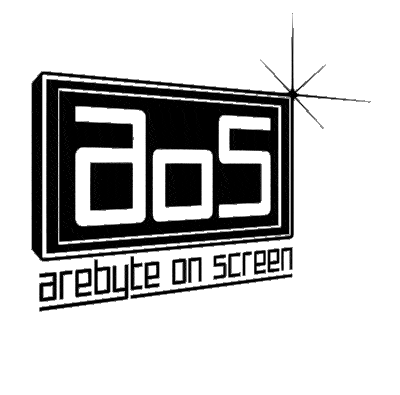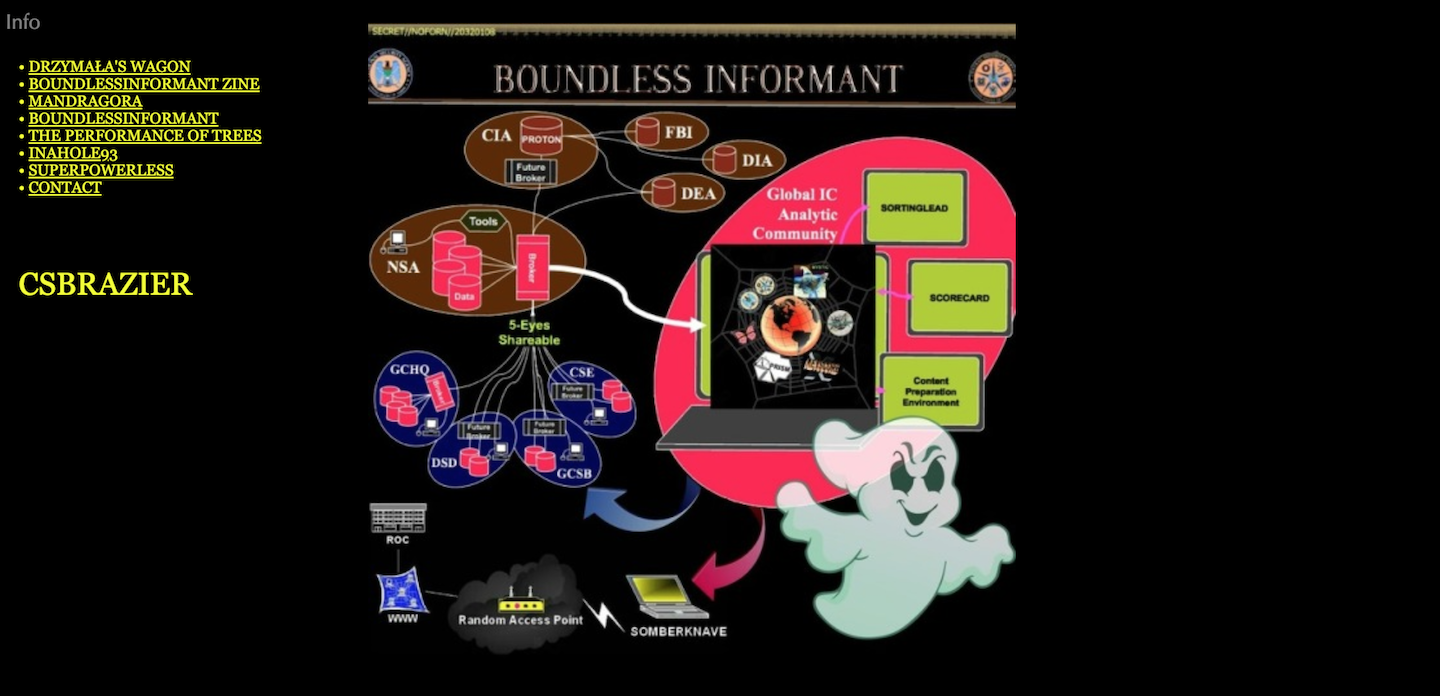Meet the Hotel Generation of 2017
Curated by Rebecca Edwards
Taking its starting point from the idea of a city-takeover; a series of small residencies by artists from different cities, Hotel Generation looks at the conundrum of the 89plus and Y generation in relation to the critical essay, Network Fatigue, written by Pablo Larios in 2014.
In the time of an information-overload, it can be difficult to attain to a certain method of working without distraction – time is becoming an evermore lucid term with the influx of the 24 hour working day and the obligation to be reachable at any time. This is not new, however – resisting the homogenisation of time is a difficult point to consider when we delve into contemporary accelerationism and posthaste-ism, which maintains that things must get worse before they can get better. Nicholas Carr questioned how we can resist this need to be “on-call” with a series of rules, including tweeting about things that happened a month ago. But if contemporary accelerationism pushes towards a future that is more modern, by reverting to the past are we challenging the problem or simply allowing it to manifest itself in different ways?
The idea art “slowing us down” is no longer a valid point. Online galleries and exhibitions are now more than ever thrown into the mix with artists able to work collaboratively although they may be miles apart – this idea of an estranged pen-pal, where conversations and dialogue happen without the need for real-life interaction, occurs throughout the art world but also in everyday life where users of Tinder change to Bumble, and contact each other via their Facebook story or instagram DM, linking to Snapchat and Tweeting relentlessly.
Within these (semi)borderless platforms we relentlessly search for an agency that is fragile and mostly constructed, and we stretch the ideas of relationships in order to reconstruct ourselves virtually – we are at once both public and private. We are inundated with mixed messages and our lives are now more than ever being mediated through a screen; immediate, HD ready, and fleeting. Not only does this put added pressure on a generation already expected to live up to their baby-boomer parents, who prevailed after economic depression and security uncertainty, but also exceed their achievements singlehandedly.
The artists chosen are asked to approach the exhibition period to instigate a slowness which might otherwise not be present – the slowing of time through a displacement is proposed as a strategy to impede capitalistic modes of production. The series of fast-paced exhibitions will act as a disassociated group show; a succession of solo or duo exhibitions which form chapters in the programme. The aim is to cast a net(work) out from the Capital to draw in regional voices, forming a meta-narrative for the programme which in turn taps into these sub-networks prevalent in other cities.
Hotel generation focuses on emerging talent, born around 1989, to consider how they are reacting to the extreme present, and how this might go someway into determining the future of exhibition making and the new idea of collective ownership, or collective authorship. “At the moment we don’t know which will triumph: the individual or the mob. It might be the biggest question of the century”.




